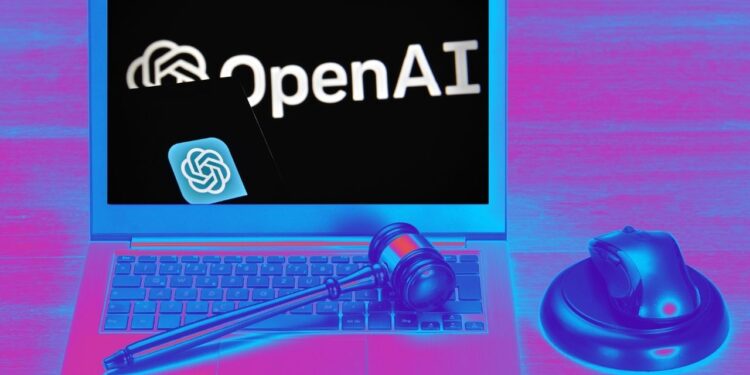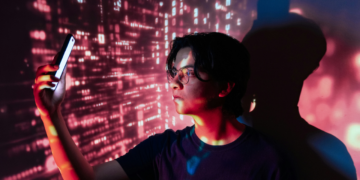In a legal move that spotlights the growing tensions over the overall direction of artificial intelligence development, Elon Musk has filed a lawsuit against OpenAI and its CEO Sam Altman.
The lawsuit claims that OpenAI has strayed from its original mission of advancing AI for the public good — prioritizing profit, and Microsoft, instead. The lawsuit reveals the deepening rift between two of the tech industry’s most influential figures at a time when AI technology, particularly generative AI like ChatGPT, is rapidly evolving and reshaping the workforce.
Elon Musk, who happens to be a co-founder of OpenAI, and who served on the company’s board until 2018, asserts that the company was initially established as an open-source nonprofit dedicated to developing AI technology “for the benefit of humanity broadly,” according to a report published by CNBC.
According to the lawsuit’s allegations, “GPT-4’s internal design was kept and remains a complete secret except to OpenAI—and, on information and belief, Microsoft. There are no scientific publications describing the design of GPT-4. Instead, there are just press releases bragging about performance. On information and belief, this secrecy is primarily driven by commercial considerations, not safety. Although developed by OpenAI using contributions from Plaintiff and others that were intended to benefit the public, GPT-4 is now a de facto Microsoft proprietary algorithm, which it has integrated into its Office software suite.”
According to Musk, this founding agreement, which he alleges was reaffirmed on multiple occasions by Altman, Greg Brockman, and OpenAI, Inc., has been blatantly disregarded.
The friction between Musk and OpenAI has been exacerbated by the release of the GPT-4 model, which Musk claims is veiled in secrecy due to commercial interests. This shift towards a more proprietary and profit-driven approach has sparked ethical and safety concerns not only about the future of OpenAI but also about the broader implications the influence of AI will have on the public, and the global workforce.
OpenAI has yet to respond to the allegations made in Musk’s lawsuit. However, the outcome of this legal challenge could have significant implications for the field of artificial intelligence development — potentially influencing how AI research is conducted and shared in the future. This case could influence official government policies on AI ethics and transparency as well.















